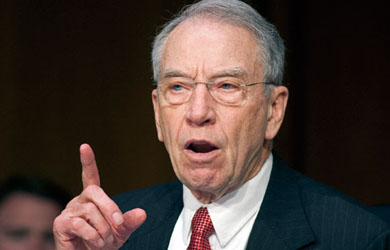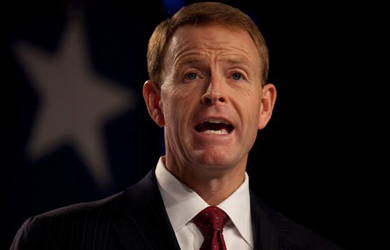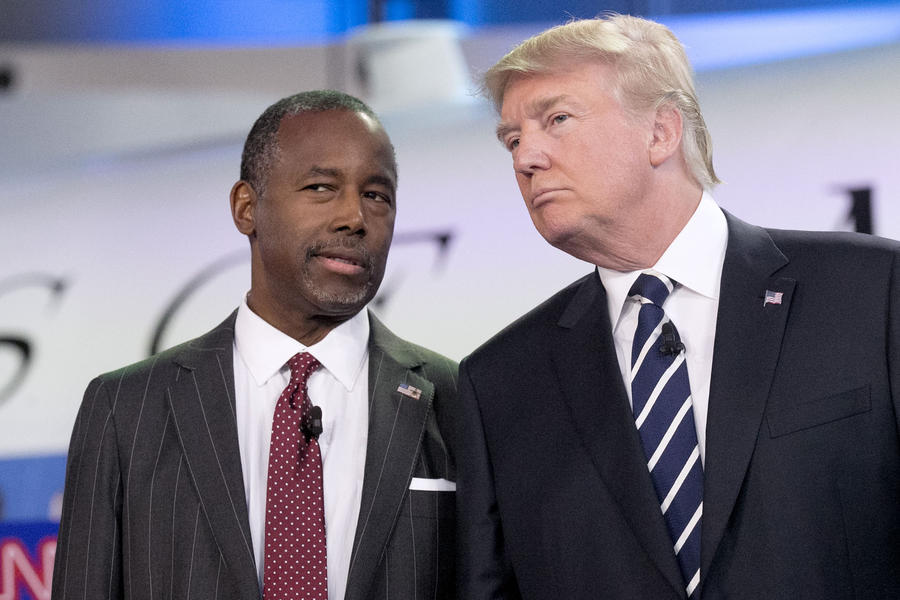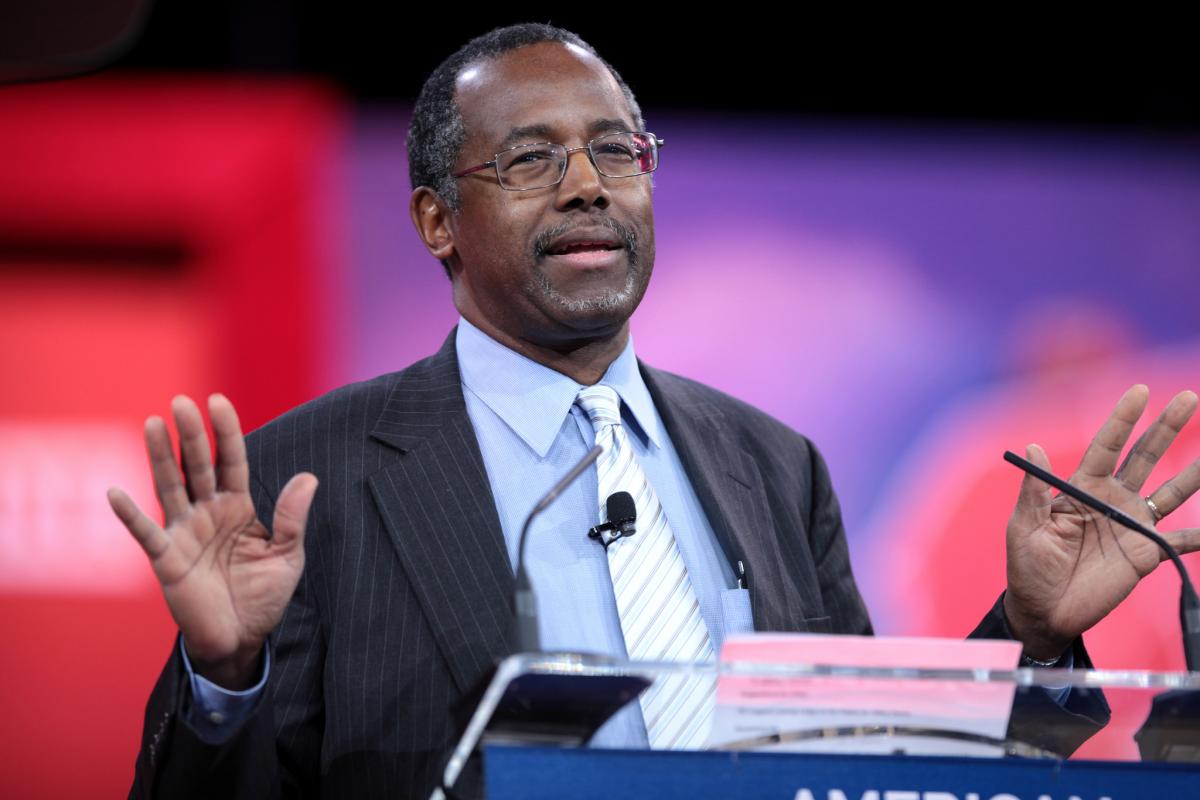As we’ve been saying from the moment John McCain picked Sarah Palin to be his running mate, the decision was made for purely political reasons as part of an effort to appease the Religious Right. In fact, it is a point that is so glaringly obvious that even Tony Perkins admits it:
Tony Perkins, an influential conservative leader, said Wednesday that he viewed Alaska Gov. Sarah Palin’s (R) selection as a “political” pick designed to win over the conservative base and appease social conservatives who had concerns about John McCain.
Perkins, the head of the Family Research Council, said that most conservatives he knew expressed “relief” that Republican presidential candidate McCain did not pick an abortion-rights supporter like Sen. Joe Lieberman (I-Conn.) or former Pennsylvania Gov. Tom Ridge as his running mate.
Palin, on the other hand, was a “brilliant pick from a political standpoint” that helped McCain win over social conservatives.
Perkins, speaking to reporters at a breakfast hosted by The Christian Science Monitor, said the McCain he knows was more likely to pick someone he has known for a while and trusts, like Lieberman or Ridge.
When asked directly then if Perkins viewed Palin as a purely political pick, the religious right leader said, “Yeah, I think so.
“I think it was a very strategic and, in the end, political pick,” Perkins said.
The Swamp has more on the breakfast, including Perkins’ assessment that while it was the Right’s pressure on McCain that caused him to cave, they are not completely satisfied and are warning him that he had better not try to distance himself or his campaign from Palin’s right-wing views:
“He has presented Sarah,” Perkins said this morning, at a breakfast with reporters sponsored by the Christian Science Monitor. “I think he has shown through this process that he is listening. Maybe he is not looking, but he is listening, and I think that selection is a reflection of that.
“This process of politics is not a clean-cut process,” Perkins suggests. “It is a pushing and shove. There is the external pressure that is applied… In the end, you see if you make advancement. I think in this case, the (McCain) campaign has clearly responded to what so many have been saying… He has been silent on the issues (most important to social conservatives)… He clearly has selected a running mate who is comfortable with those issues…
“That’s not to say that the election is over,” says Perkins, maintaining that conservatives will be looking closely at Palin’s record and how it influences McCain’s agenda as well as what the candidates say to these voters. “We’ve got 60 days… It’s not just the talk, it has to be followed up by action.”
Perkins says he joined those who told the McCain campaign that it should steer clear of picking a running such as Connecticut Sen. Joe Lieberman who supports abortion-rights.
“We were very active in communicating that message both privately and publicly,” Perkins said. “and to be very honest, very pleased with the decision the campaign made in the end.
…
And, as people examine Palin’s record and discover any fundamentalist positions that may prove distasteful to a broader voting public, Perkins suggests, the McCain campaign will have to be careful to support its running mate. McCain already has distanced himself from people such as the Rev. John Hagee, a conservative preacher whose views trouble many moderates.
As people are examining Palin’s record, Perkins maintains, and if she encounters “attacks on her religion that, because she is Pentecostal she is somehow different, if the campaign tries to run from that or is in retreat, – because they have a history of that — they threw two pastors off the bus earlier this year – if they do that, that would be a fatal error.”








